

EXTRA CURRICULAR ACTIVITIES
Brain gym exercises are a series of simple exercises that boost brain function. They positively affect learning, memory, attention, academic performance, and the quality of life. Initially designed for kids. Brain gym exercises are great for learning and rewiring your brain function. Doing them regularly for 20-30 minutes will improve your attention, speech, memory, academic and sports performances, and other cognitive skills.
15 BRAIN GYM EXERCISES PRACTISED AT DACAL
- Marching In Place
- Cross Crawl
- Ankle Touch
- Ankle Touch behind Your Body
- Step Touch
- Neck Circles
- Cook’s Hook-Up
- Brain Button
- Lazy Eights
- The Elephant
- The Energy Yawn
- The Thinking Cap
- Belly Breathing
- Trace X
- Positive Points
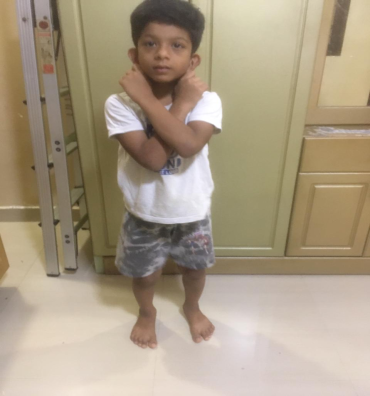
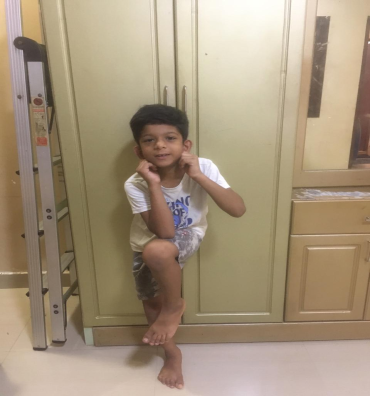
MEDITATION
Whether you’re a parent, teacher, aunt, grandfather, babysitter or otherwise spend time with kids of any age, try out these three practices to introduce kids to meditation and mindfulness.
Meditation and other mindfulness practices are more popular, and helpful, than ever. Studies have shown that teaching kids mindfulness practices can build students’ attentiveness, respect for fellow classmates, self-control, and empathy, all while reducing stress, hyperactive behavior, ADHD symptoms, and depression.
We want children to be healthy and happy, not just now but for the rest of their lives. And teaching them about meditation early would help them do just that. That’s why we created Headspace for Kids.
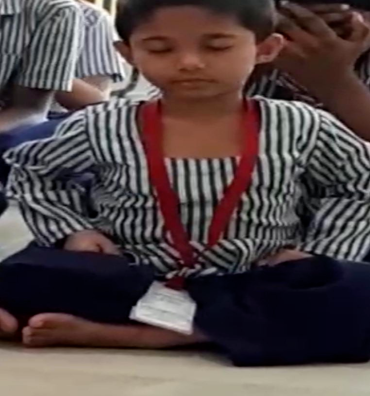
PHYSICAL ACTIVITIES
Being physically active every day is important for the healthy growth and development of babies, toddlers and preschoolers.
For this age group, activity of any intensity should be encouraged, including light activity and more energetic physical activity.
PHYSICAL ACTIVITY IDEAS FOR BELOW 5 YEARS
All movement counts. The more, the better.
- Tummy time
- Playing with blocks and other object
- Messy play
- Jumping
- Walking
- Dancing
- Playground activities
- Climbing
- Active play, like hide and seek
- Throwing and catching
- Outdoor activities
- Skipping
INTERSCHOOL COMPETITION
Many students feel it is difficult to express their talents in school. Exams and group assignments do not always capture students’ unique skills or ability. Competitions play a role in motivating students to perform and excel and offer a lot more reward than just the winning prize. It’s like a stepping-stone to achieving greater things in life. The first time that a child loses in a competition or fails to achieve in a competitive environment, it can seem like the end of the world to the child. Their loss will teach them where they went wrong, what their shortcomings were and over time this attitude of hard work will teach kids to work better and be more resilient in their attitude.
A spirit of competition teaches children the importance of taking a healthy risk instead of only doing activities that they are comfortable with. It teaches kids to step out of their comfort zone and they are often being averse to new risky activities that can keep them from enjoying activities that they may grow to love. Taking risks such as participating in a new race or enrolling yourself for new activities also helps build the self-confidence of children. This confidence will go a long way in helping them as adults navigating a fiercely competitive adult world.
SPORTS
Sports help children develop physical skills, get exercise, make friends, have fun, learn teamwork, learn to play fair, and improve self-esteem. American sports culture has increasingly become a money-making business. The highly stressful, competitive, “win at all costs” attitude prevalent at colleges and with professional athletes affects the world of children’s sports and athletics, contributing to an unhealthy environment. It is important to remember that the attitudes and behavior taught to children in sports carry over to adult life.
Parents should take an active role in helping their child develop good sportsmanship. To help your child get the most out of sports, you need to be actively involved. This includes:
-
Providing emotional support and positive feedback
-
Attending some games and talking about them afterward
-
Having realistic expectations for your child
-
Learning about the sport and supporting your child’s involvement
-
Encouraging your child to talk with you about their experiences with the coach and other team members
-
Teaching your child to handle disappointments about losing by praising their efforts to compete and improve athletic skillsm
-
Modeling respectful spectator behavior
Although this involvement takes time and creates challenges for work schedules, it allows you to become more knowledgeable about the coaching, team values, behaviors, and attitudes. Your child’s behavior and attitude reflect a combination of the coaching and your discussions about good sportsmanship and fair play.
FIELD TRIP
What do you remember from school? What caused you to be who you are today? Chances are, a group project, a special speaker, or a field trip helped you decide. It may have even been something you did on your own, outside of school after learning about a given topic. There was something in your life that sparked your passion or curiosity. It pushed you to take your learning into your own hands and learn more.
Every student comes to the classroom with a different world experience. We know that students who have been exposed to many different things do better in school. In order to be successful readers, students need to relate what they read to what they’ve experienced. To think broadly students need to have a variety of experiences.
As teachers, we know that field trips are important, but why specifically? There are a number of significant benefits.
REAL WORLD LEARNING
As teachers, a field trip is one of the best tools that we can use to provide every student with real-world experiences. Whether that’s a trip to the local grocery store, water front park, a library, a museum, a theater, a community garden or a restaurant, each experience that a student participates in contributes to their understanding of the world.
When students leave the classroom, they see the connections between what is happening at school and in the ‘real-world’. They begin to see that what they learn within the walls of the classroom can help them solve the problems they see in the world around them and can have a direct impact on who they become as people.
Part-time remedial teaching is given at all levels of support. During intensified support the importance of part-time remedial teaching usually grows.
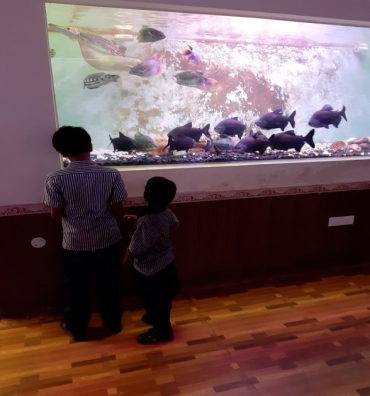
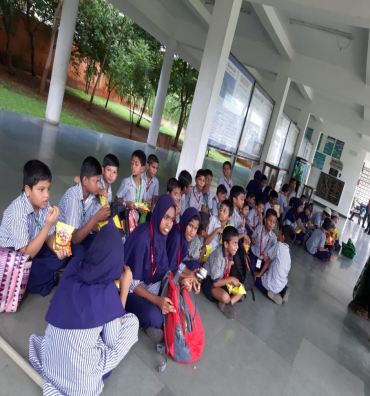
REGISTERED & RECOGNISED BY THE COMMISSIONER FOR WELFARE OF THE DIFFERENTLY ABLED BY THE GOVT. OF TAMIL NADU REGISTRATION NO. 685 / 2024
NIOS ACCREDITED CENTRE NO. M19103
DACAL is a school which caters to children with developmental delays, learning difficulties and special needs.
CONTACT US
DACAL - Darul Ansar Centre for Applied Learning
Anjuman-e-Himayath-e-Islam
#16, B.N. Reddy Road, Chennai 600 017.
Phone: 044 4901 4553, 98842 70480
Mon-Fri: 8:30 am – 3:30 pm